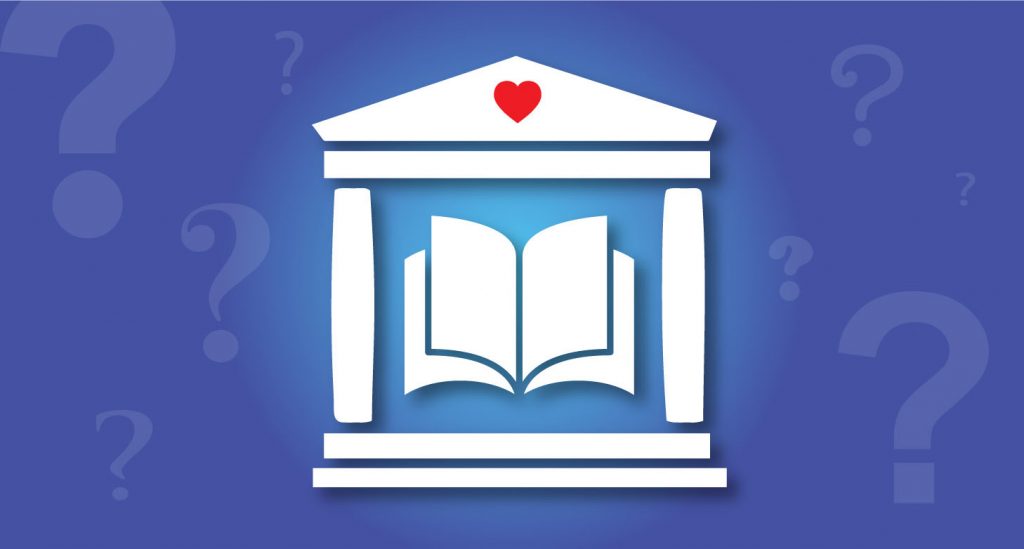A lot of my writer friends have been alarmed by the @internetarchive& #39;s #NationalEmergencyLibrary, an electronic lending library.
#universal-access">https://pluralistic.net/2020/03/25/national-emergency-library/ #universal-access
1/">https://pluralistic.net/2020/03/2...
#universal-access">https://pluralistic.net/2020/03/25/national-emergency-library/ #universal-access
1/">https://pluralistic.net/2020/03/2...
The Archive has long acquired and scanned books and made them available as DRM-locked PDFs that one person at a time could check out, building on firm copyright precedent, notably the #HathiTrust decision.
2/
2/
The vast majority of "checkouts" from the Archive have always been fleeting -- literally minutes long. Basically, it& #39;s a quick way to double-check a reference or look up a passage (a lot of checkouts are generated by people following references from Wikipedia).
3/
3/
The NEL works like the Archive& #39;s existing e-lending program, but it lifts its one-reader-at-a-time restriction. The Archive& #39;s basis for this is that the books in their holdings - the vast majority of which have no official electronic edition - are otherwise inaccessible.
4/
4/
The Archive& #39;s announcement raised many cheers and also provided aid to many people, but it also made a lot of people who were already in precarious and frightening situations very angry.
5/
5/
I get that. I have three books out in 2020 and was planning 6 tours in four countries for them. I don& #39;t know if any of those will happen nor whether there will be any bookstores to carry my books. This year was to be very important to my family& #39;s finances.
6/
6/
It& #39;s not a good year for anyone, and there& #39;s never a good time for a pandemic (obvs), but this timing is really anxiety-provoking for me.
7/
7/
(Let me pause here and mention that I& #39;ve got it ten million times better than, say, people whose economic precarity dictates they have to risk their lives working at an Amazon warehouse during the crisis and I& #39;m both thankful for that and even more worried for them).
8/
8/
So I totally get why people would be upset if they thought that the Archive was attacking their livelihoods at this incredibly stressful, fearful time.
What& #39;s more the Archive doesn& #39;t really provide much by way of usage statistics to help people understand the NEL& #39;s utility.
9/
What& #39;s more the Archive doesn& #39;t really provide much by way of usage statistics to help people understand the NEL& #39;s utility.
9/
In part that& #39;s just a mistake the Archive made, but it& #39;s also the result of the Archive& #39;s privacy-first stance - they& #39;ve put a lot of time and energy into ensuring that they don& #39;t log things that might compromise users& #39; privacy (they even sued the USG over the Patriot Act).
10/
10/
So it& #39;s hard for them to produce the kind of data other services routinely provide (which, on balance, does not speak well of those other services).
But now, finally, they& #39;ve produced some stats, and they& #39;re pretty reassuring, IMO.
https://blog.archive.org/2020/04/07/the-national-emergency-library-who-needs-it-who-reads-it-lessons-from-the-first-two-weeks/
11/">https://blog.archive.org/2020/04/0...
But now, finally, they& #39;ve produced some stats, and they& #39;re pretty reassuring, IMO.
https://blog.archive.org/2020/04/07/the-national-emergency-library-who-needs-it-who-reads-it-lessons-from-the-first-two-weeks/
11/">https://blog.archive.org/2020/04/0...
First of all, let& #39;s recall that the NEL& #39;s ebooks are not Kindle files or Epubs, they& #39;re scanned PDFs. They are the books you get if you can& #39;t get any other books. The text can& #39;t be flowed, it can& #39;t be copy-pasted, and the search is based on flawed, unreliable OCR.
12/
12/
With that in mind:
* The majority of NEL checkouts last less than 30 minutes. That& #39;s people checking a reference, looking up a quote, etc. The kind of thing you& #39;d call a reference librarian for if the libraries were open.
13/
* The majority of NEL checkouts last less than 30 minutes. That& #39;s people checking a reference, looking up a quote, etc. The kind of thing you& #39;d call a reference librarian for if the libraries were open.
13/
* The NEL only has books that are more than five years old. 90% of the books that are checked out are more than 10 years old.
* These books typically have NO official ebook edition, such as this one:
https://twitter.com/GCWOonagh/status/1247107092105908225
14/">https://twitter.com/GCWOonagh...
* These books typically have NO official ebook edition, such as this one:
https://twitter.com/GCWOonagh/status/1247107092105908225
14/">https://twitter.com/GCWOonagh...
* The Archive believes (but has not fully validated) that in 90% of instances, the books that patrons check out are only opened once, irrespective of whether they& #39;re held for the full two-week lending period.
15/
15/
I understand why this freaked people out. If you& #39;re an author like me worried that pandemic might wipe out your publisher, your next book, the bookstores you rely on, and your career, this could seem really scary.
16/
16/
But I think the actual facts in evidence show that this is an entirely benign adjunct to libraries, delivered in timely fashion to a world of people who rely on books (including writers!) in times of crisis. It is not substitutive, it& #39;s not cannibalistic.
17/
17/
For librarians, teachers, and parents engaged in home-schooling, the NEL is a really important resource.
I get that you might still be angry at the Archive. You can take your books out of the NEL if you are:
https://docs.google.com/document/d/1QjErbouWG7pUlzcxPcRk4YEtbYs8ItlVTgLa1DfGh68/edit
eof/">https://docs.google.com/document/...
I get that you might still be angry at the Archive. You can take your books out of the NEL if you are:
https://docs.google.com/document/d/1QjErbouWG7pUlzcxPcRk4YEtbYs8ItlVTgLa1DfGh68/edit
eof/">https://docs.google.com/document/...

 Read on Twitter
Read on Twitter


